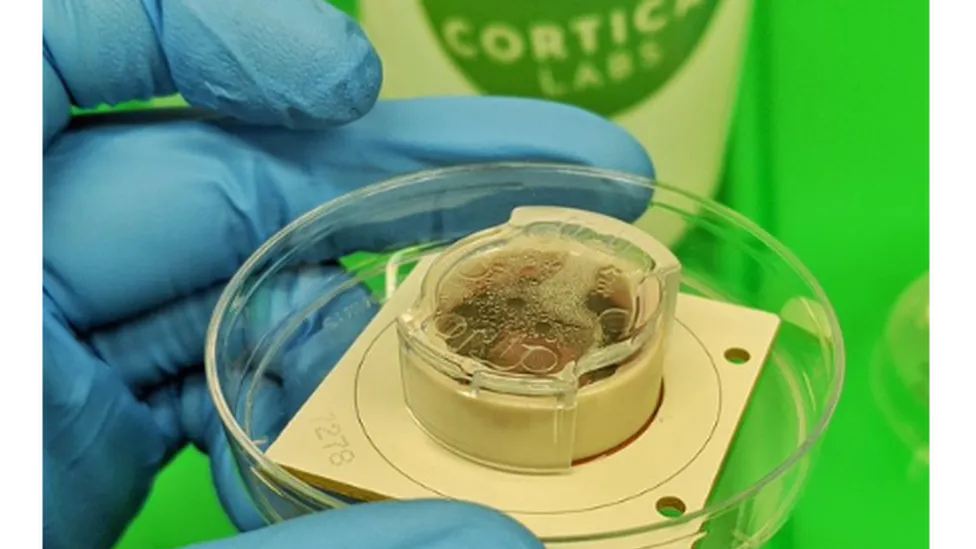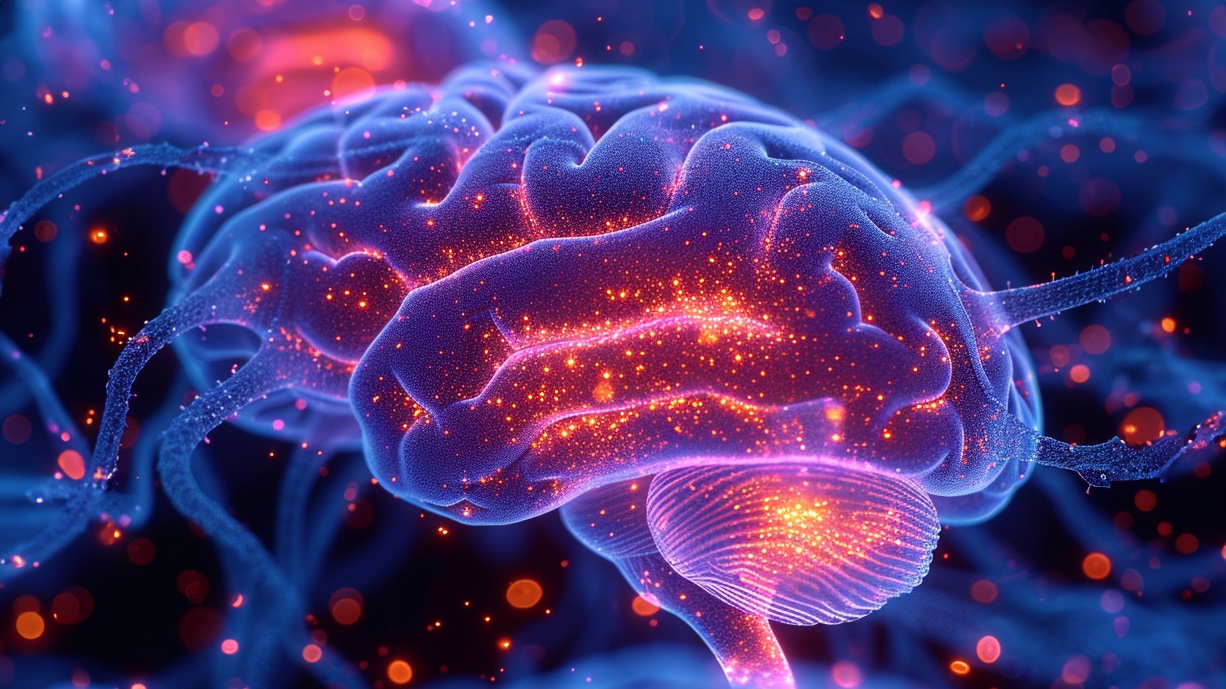A team of researchers are currently investigating the fusion of human brain cells with artificial intelligence (AI). Although it might sound like a tale coming straight out of a modern-day Frankenstein story, their findings might help built the future of natural and artificial intelligence. With a DishBrain system, they cultivated and nurtured brain cells within a laboratory setting, brain cells that have already shown themselves capable of playing a game of Pong. Their next step? Crafting genuine human brains that will be integrated within AI systems.
Imagine machines that evolve and grow in knowledge indefinitely, just like the lifelong learning journey we humans have.
What's with the fascination of merging natural and artificial intelligence? Combining AI systems with human brain cell might unlock the potential for perpetual learning. Imagine machines that evolve and grow in knowledge indefinitely, just like the lifelong learning journey we humans have. This holds potential across many fields; from enhancing planning strategies and revolutionising robotics, to revolutionary breakthroughs in healthcare that could enable personalised treatments for neurological disorders or mental illnesses.

A lot of possibilities, but also a lot of challenges. The integration of human brain cells with AI systems sparks ethical debates and discussions. Because what would this mean for humanity? At the heart of these debates lay the blurring of boundaries between human and machine intelligence, raising questions about identity, autonomy, and the nature of consciousness.
By merging human brain cells with AI systems, we are essentially creating entities that possess both biological and artificial components.
By merging human brain cells with AI systems, we are essentially creating entities that possess both biological and artificial components. This might challenge traditional visions of what it means to be human. Moreover, ensuring individual autonomy and privacy becomes crucial when AI systems can access human brain functions. How do we navigate these ethical and philosophical dilemmas while keeping an open mind about the positive effects of new intelligence?

Share your thoughts and join the technology debate!
Be the first to comment